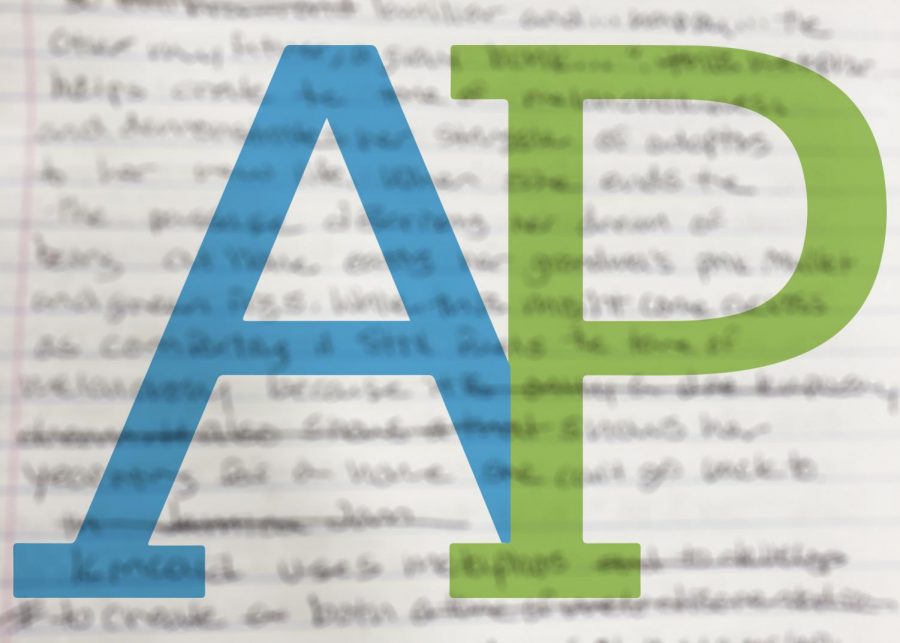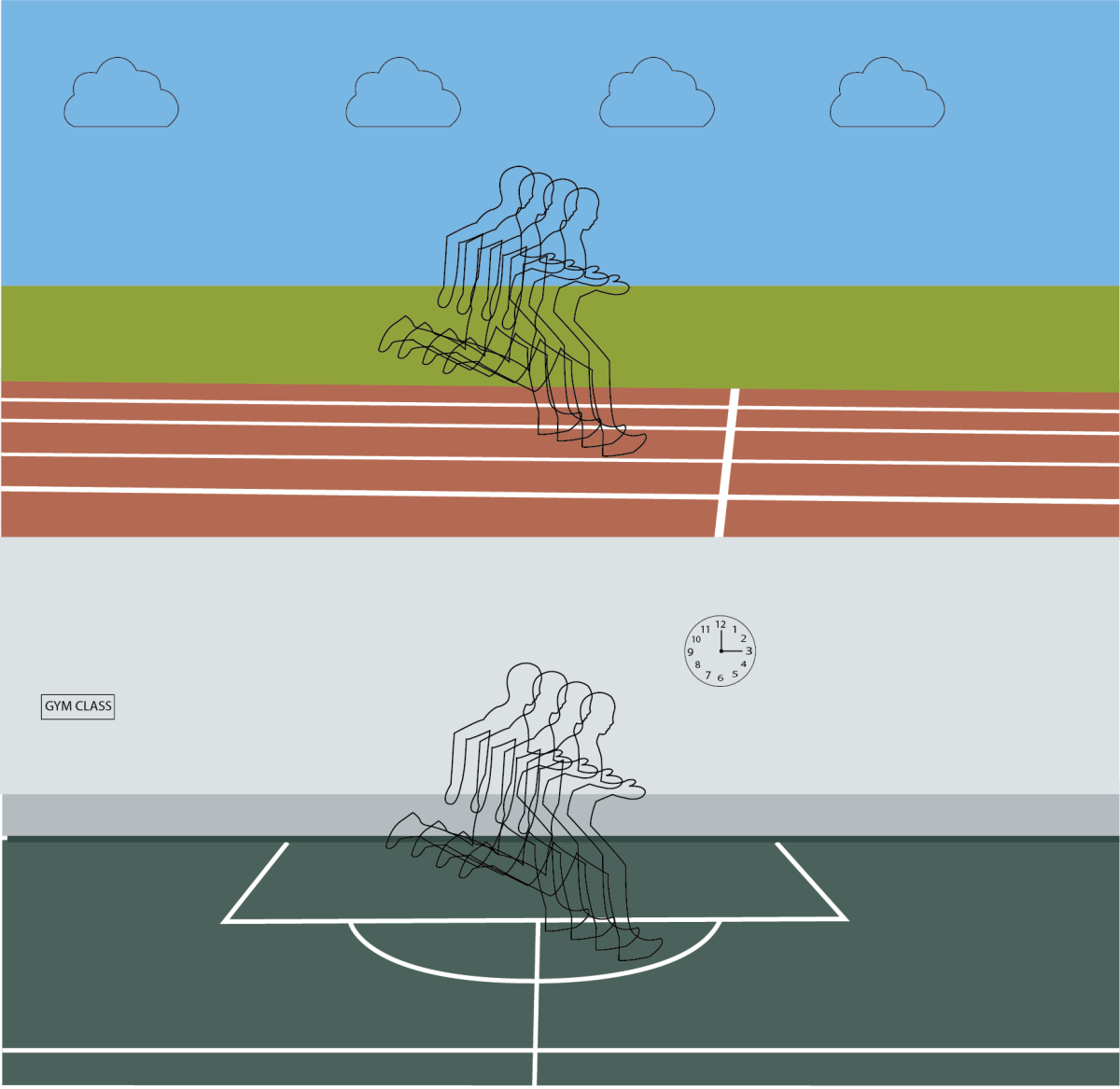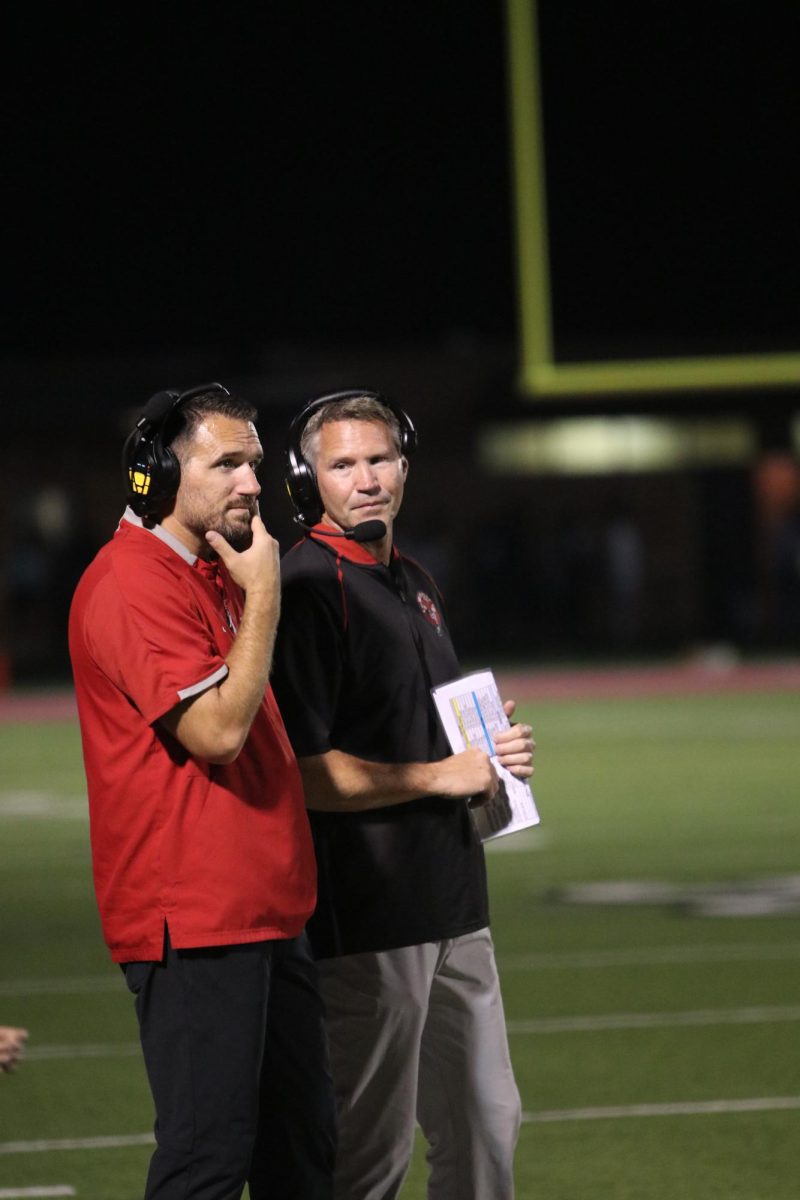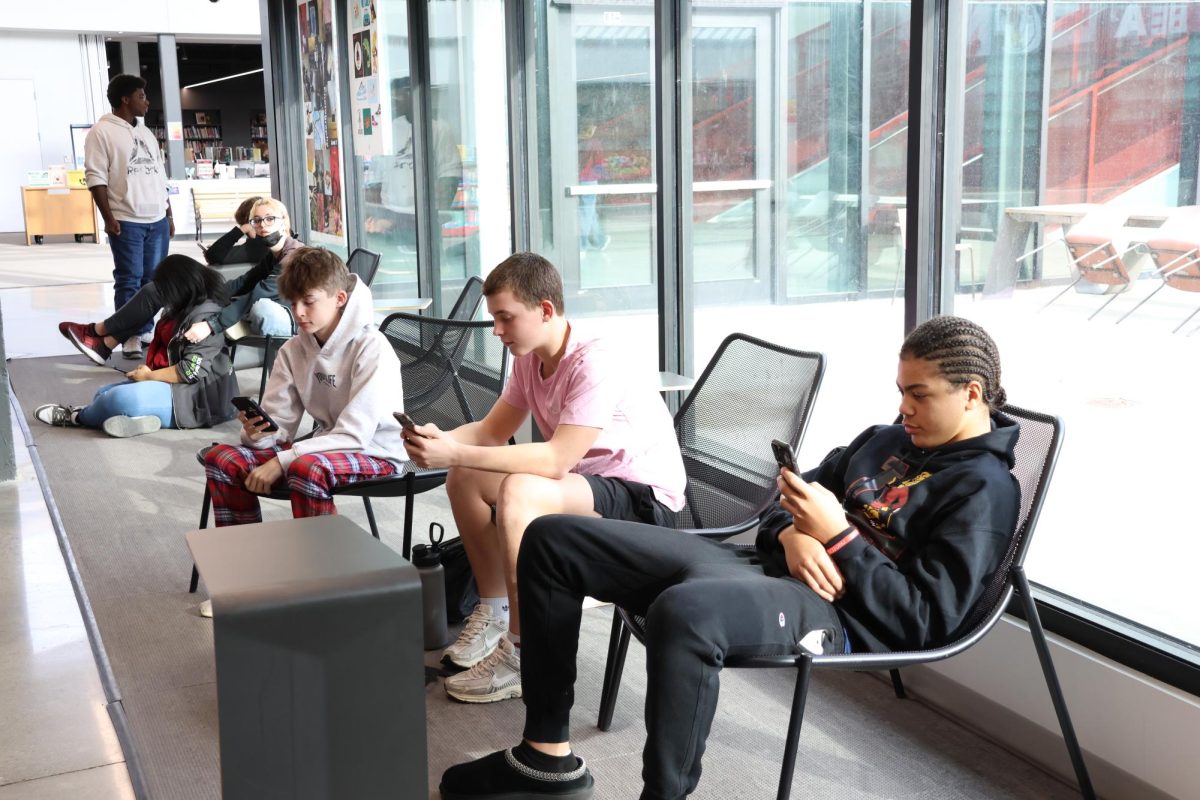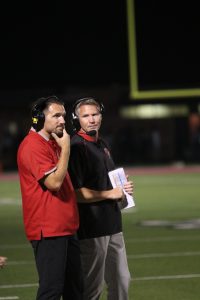AP exams affected by COVID-19
AP Exams have moved online due to the COVID-19 pandemic.
March 28, 2020
As COVID-19 spreads across the United States and schools transition to “continuous” online learning, many advanced and AP students have dealt with uncertainty towards exams they have been preparing for all year.
In light of extended breaks due to COVID-19 as well as the lack of in person learning, the College Board announced that it would be changing the exam policy to meet the needs of AP students around the country.
According to the College Board website, AP exams will now be condensed into secure 45-minute online free-response exams for each course.
“The exam content will focus on what most schools are able to complete by early March,” the College Board said in an update on their site. “You’ll be able to take your exams on any device you have access to- computer, tablet or smartphone. You’ll also have the option to write your responses by hand and submit a photo.”
The College Board also stated that colleges would still accept the score that students received on the reduced exam.
“For decades, colleges have accepted a shortened AP Exam for college credit when groups of students have experienced emergencies,” the update said.
Solutions are in the works for students who do not have reliable access to the internet.
“We know that not all students have access to the internet or a device,” the College Board said. “We’re working on solutions to help students get what they need to show their best work. If you need mobile tools or connectivity or know someone who does, you can reach us directly to let us know.”
Junior Addison Agnew is a student in both AP Environmental Science and AP Language and Composition.
“Everything being closed down has me kind of worried about preparation for the exams,” she said. “Students will be learning and reviewing on our own, which could be a good thing or a bad thing. It allows students to review at whatever pace they need and how much they want. Everything being cancelled also creates more time to study.”
One of the things that Agnew is most worried about is continuing to stay motivated as USD 497 transitions to virtual learning.
“It’s hard to be motivated in a time like this and students may find it hard to realize the importance of studying when there are not teachers preaching daily how important it is,” she said. “Motivation will be hard for me to find at first, but once a routine is developed it will be much easier. Yeah, I just think it’ll be rocky at first trying to focus in a different environment than school because that doesn’t work well for me, but I will adjust.”
Agnew plans to take the exams as planned, even with the change in format.
“I’m still going to take the exams as I hope to get credit,” Agnew said. “I think it’s a little disappointing how much money we all paid for these exams just to get a shortened, online version. But maybe it’ll actually be better this way.”
Addison Agnew hopes that the new schedule will let her control her time and and work at her own pace.
“I’m hoping the plan for learning will work for everyone and not be geared to work for one type of student,” she said. “Also, I hope the plan makes people more interested in learning and taking initiative for themselves.”
AP European History teacher Tracy Murray says that she won’t have all of the information until April 3rd, which is when the College Board will finalize everything.
“What I do feel comfortable saying is that we will get through it,” Murray said. “I appreciate that AP is willing to provide a chance for students to earn college credit while being flexible and recognizing that students are facing a challenging time. My goals for my students have not changed, and it in no way has changed my perspective on teaching a college-level class.”



